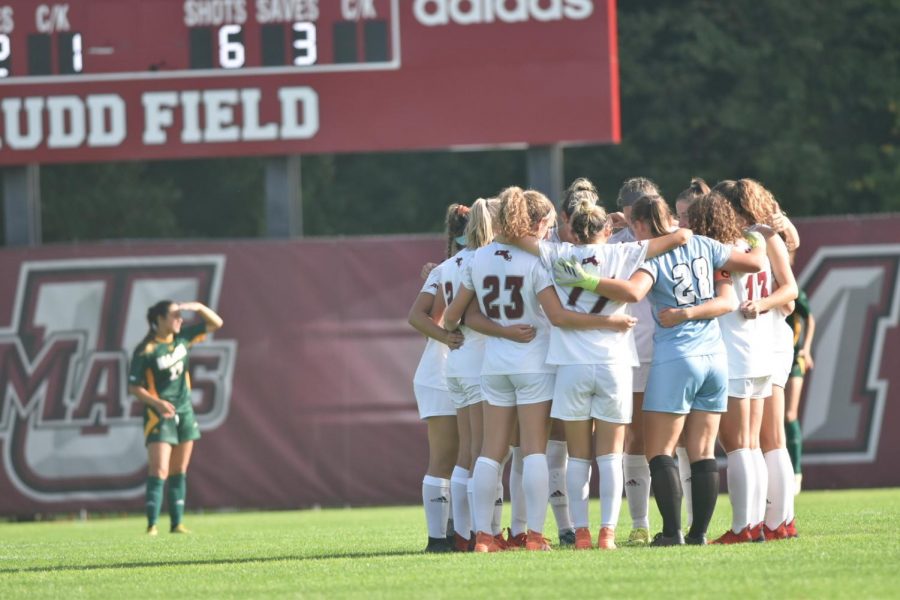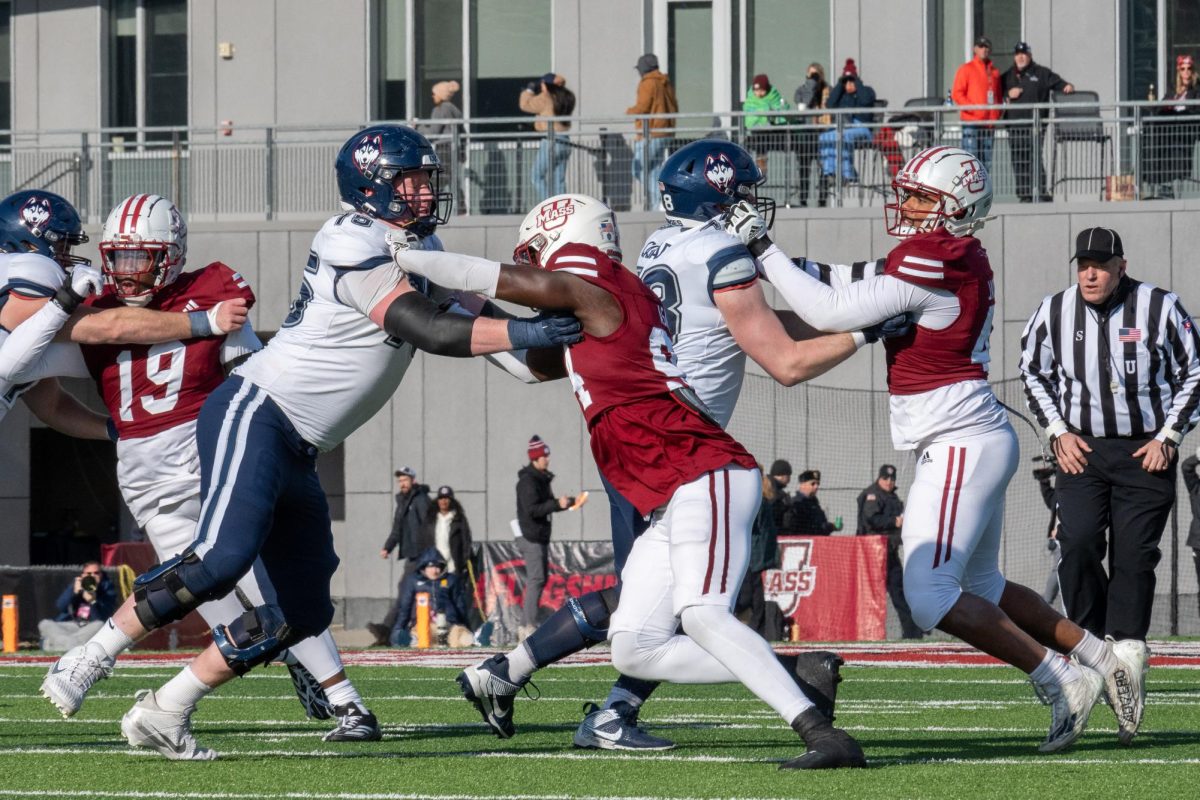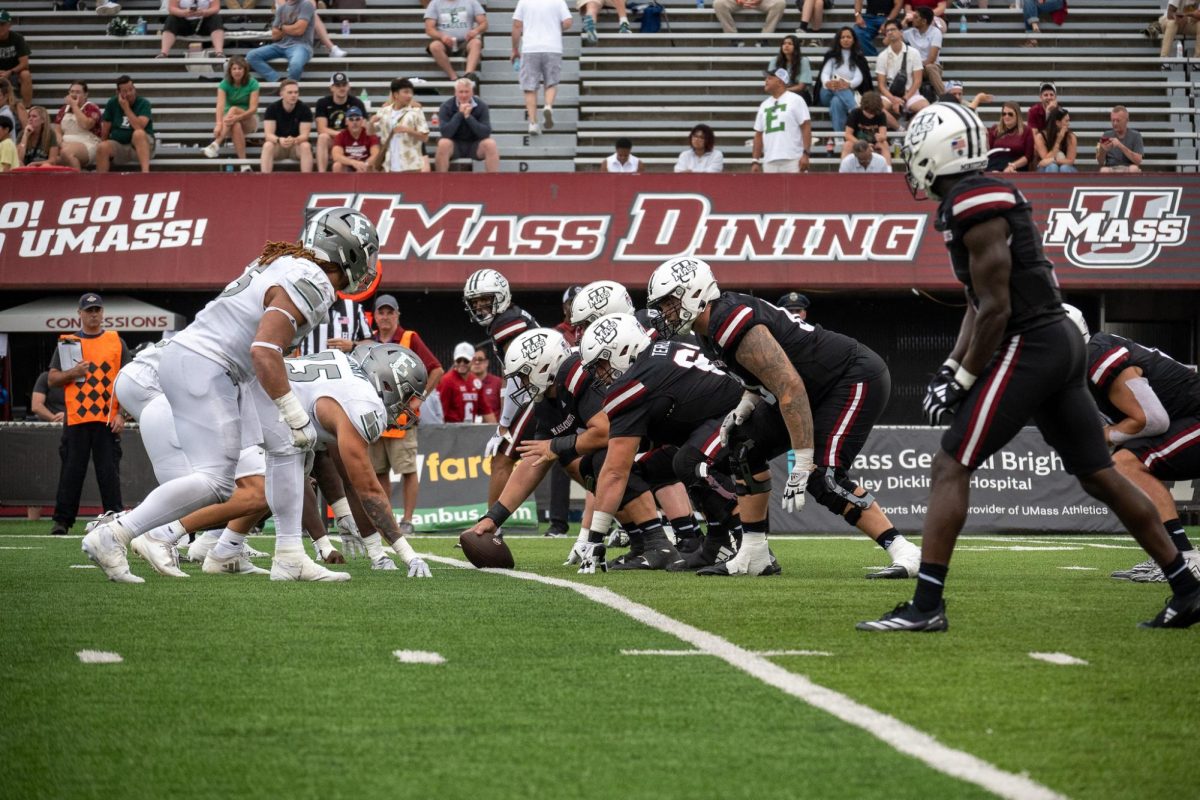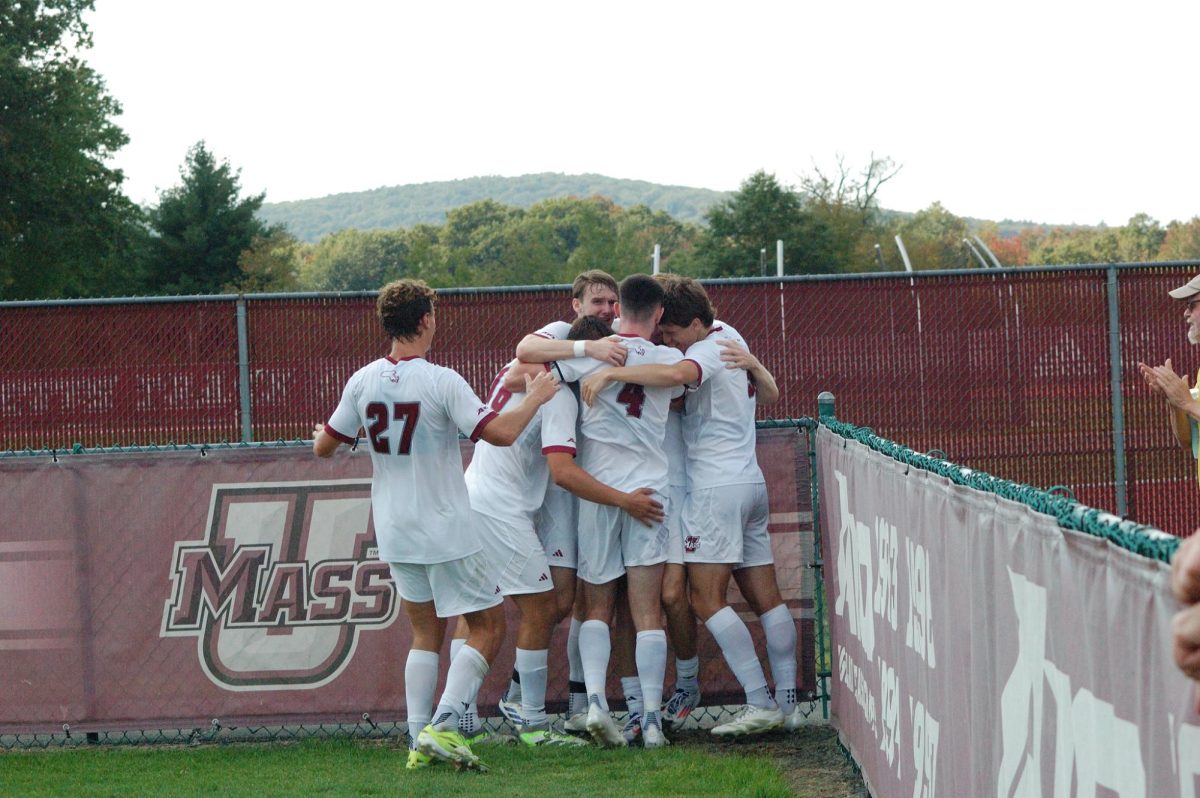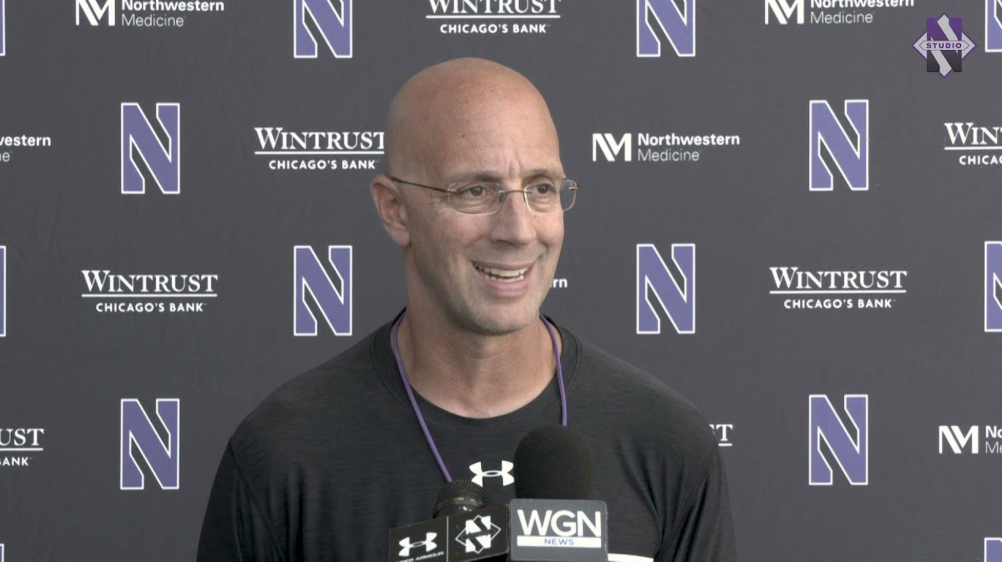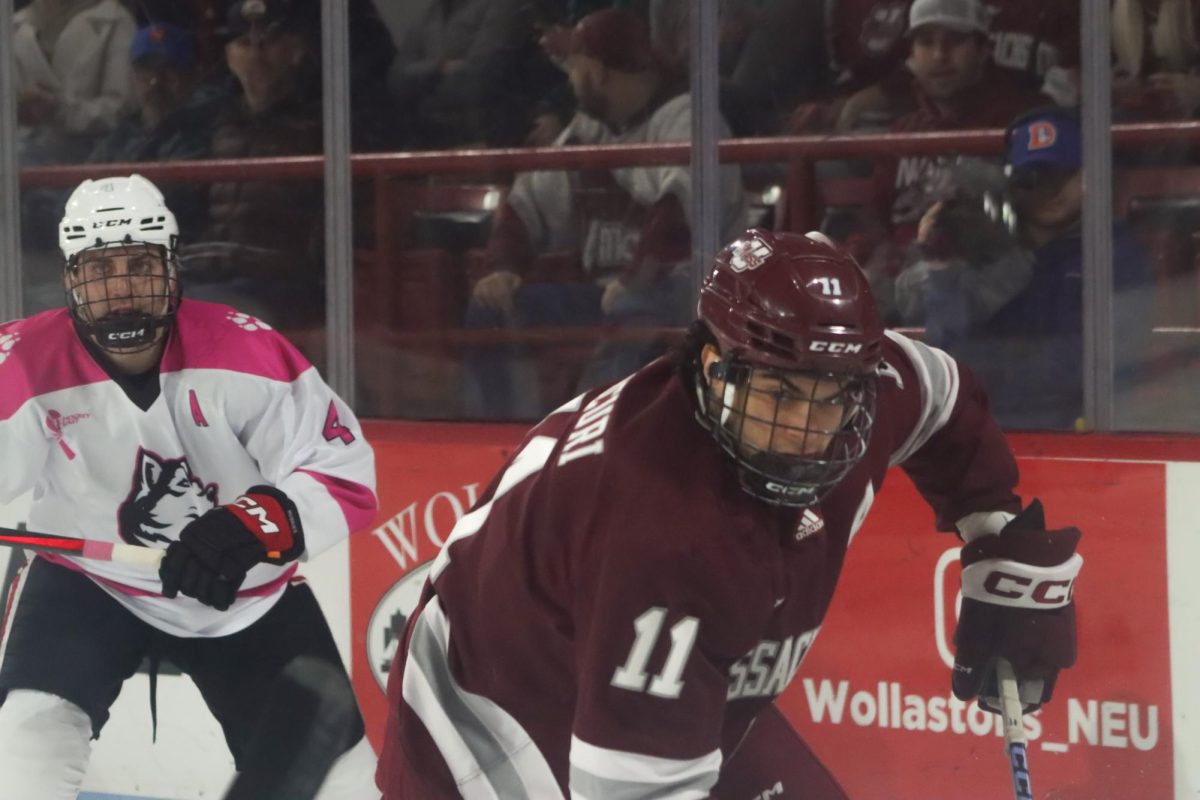The communication between Jason Dowiak and his players doesn’t stop at soccer and academics. Following a year of large-scale unrest around the country due to police brutality and the murder of George Floyd, Dowiak took it upon himself to spread awareness to these issues around the team.
On Fridays, the Minutewomen join in on Zoom, conversing about those headlines and educating one another about the systemic racism that is so persistent in American culture.
“Different people on the team take part in sharing articles or videos or other information on things going on in the world,” Carazza said. “We try to keep each other as informed as possible and I think our team has done a really good job at not letting things slip that aren’t necessarily socially desirable.”
Last summer, the Black Lives Matter movement took the world by storm, while athletes and non-athletes alike came together to stress the issues regarding police brutality that had filled headlines after the unjust murder of George Floyd.
During that time, then player and now graduate Fatou Barry and Dowiak began developing a large series of educational events for the team, as well as participating in Run For Black Lives Matter and creating a video to honor and celebrate Black Americans on Juneteenth.
Since the summer of 2020, the Minutewomen have remained committed to keeping the topic of conversation a regular subject.
“It’s important to advocate now because it’s not a hot topic necessarily or in our face,” Dowiak said. “We need to keep it purposeful… One of our core values is to be informed, and a lot of that stemmed from the conversations about the racism in our country along with gender equity. We want to give our female athletes all the tools they need to be successful. We want to empower them, know their worth and understand their value.”
Before kickoff against UMass Lowell in its third game this season, UMass came together with the River Hawks to show support for a player who was targeted with racial comments weeks prior.
“Hopefully in that moment, there was somebody in the stands that saw it, witnessed it, maybe wasn’t sure how they felt about the situation overall,” Dowiak said. “But maybe that moved them to have a new purpose in how they talk about it with their family or friends. I hope that [the statement] helps people think outside themselves and have conversations.”
Professional soccer leagues such as the English Premier League, along with local collegiate rivals in Boston College, have relayed messages to their audiences on their stance against discrimination. Dowiak and his players took note and created a message of their own. It reads:
“The UMass women’s soccer program firmly believes that there is no room for racism or discrimination of any kind, anywhere. Not on the field, not online, not in the stands, not at home, and not in the streets. We must come together as fans, as players, and as institutions to combat discrimination, wherever it exists in society. Together we can all do more to make a positive impact. So, if you see discrimination, we please ask that you join us in challenging it, reporting it, and implementing change.”
Kevin Schuster can be reached at [email protected] and followed on Twitter @KevinESchuster.

